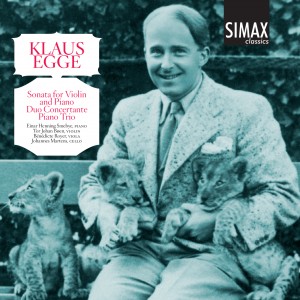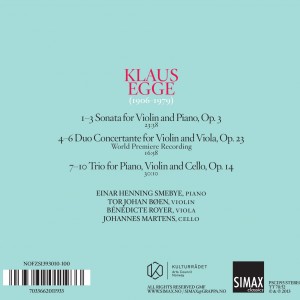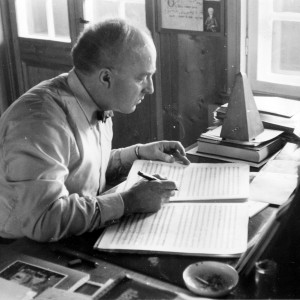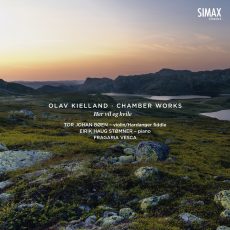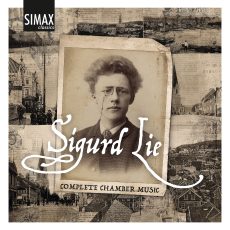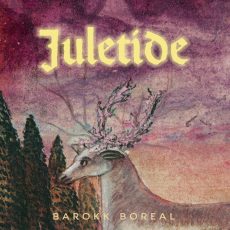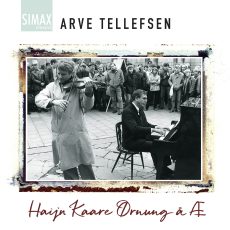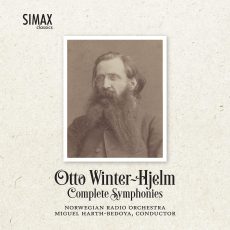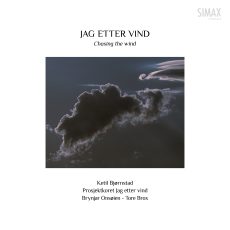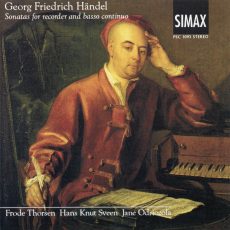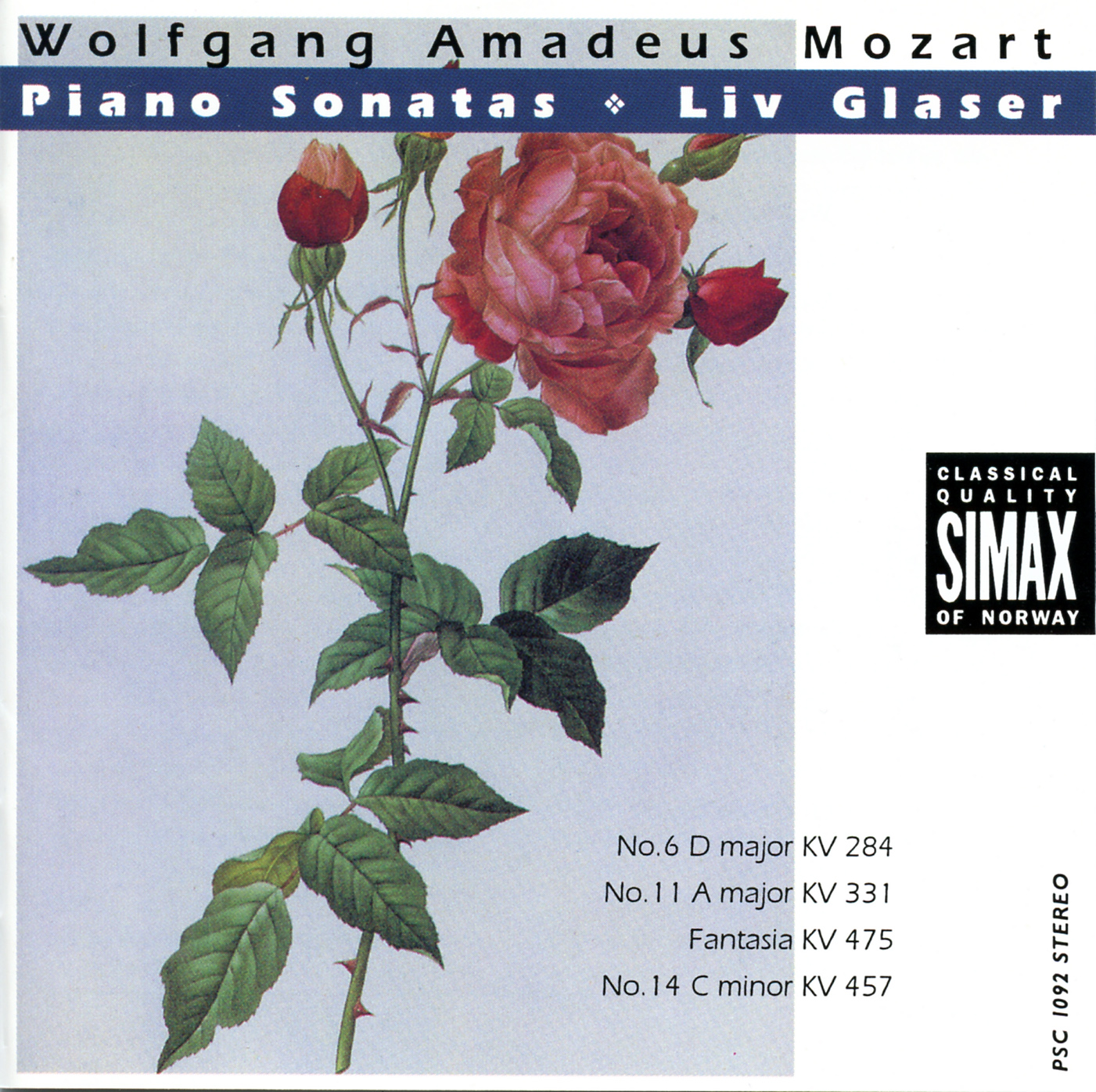World premiere recording of Klaus Egge’s chamber music.
Musical Development
Klaus Egge´s production is generally divided into three periods, and the pieces on this release are representative of each of these three periods. The selection coveys the continuous development in his compositional work. In his earlier works, Egge is clearly inspired by Norwegian folk music, combined with polyphony and classical form. The characteristic strong rhythmic drive continues throughout the whole of Egge´s work.
Sonata for Violin and piano · Piano Trio · Duo Concertante
The Violin Sonata from 1932 is one of Egge´s early works, and clearly displays the inspiration from folk music, especially from the home county of Telemark. Already here, we can hear his unusual and dissonant tone. When he 9 years later has his breakthrough as a composer with the Piano Trio, folk music is still an important inspiration, but the tonality is developed further with a more massive and tight polytonality which he later always will make use of. While the piano trio is one of Egge´s most frequently performed pieces, and is considered as some of the best of Norwegian chamber music, the highly virtuosic and expressive Duo Concertante for violin and viola, composed 1945–51, has received far less attention and has been seldom performed. It has its roots sometimes in folk music, but is written in a more European musical language. The play was perceived by many critics as very challenging in its free tonality and its detachment from the traditional melody – a challenge that might fit today´s listening habits better.
Klaus Egge
Klaus Egge (1906–1979) is one of the Norwegian composers most performed both in Norway and abroad, and several of his works have become standard repertoire in Norway. Egge graduated as organist at the Music Conservatory in Oslo in 1929, and continued studying among other things composition with Fartein Valen. In 1937-38 he studied with Professor Walter Gmeindl at the Music Academy in Berlin. Egge is considered one of the leading symphonic composers after the war, and has written several major works, including five symphonies, three piano concertos, a violin concerto and a cello concerto. The chamber works also has a central place. They include a string quartet, a piano trio, two wind quintets, a violin sonata and a number of piano works. Egge has been awarded a number of prizes and awards, including the Arts Council Norway Honorary Award in 1972. He was also Commander of the Royal Norwegian Order of St. Olav, and of the Icelandic Order of the Falcon. Egge was a central figure in the Norwegian and Nordic music life. In addition to his work as a composer, he was active in a number of positions, including many years as chairman of the Norwegian Society of Composers. He was a persistent advocate of the professional music scene in Norway, and has been crucial to its development.









